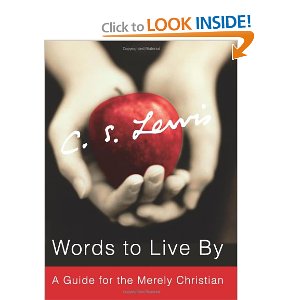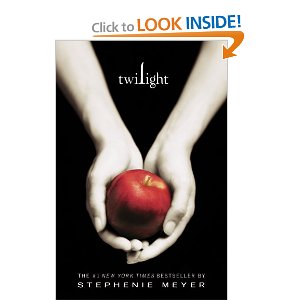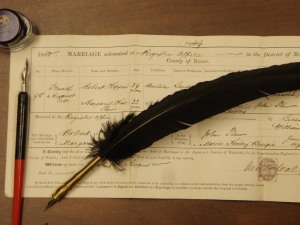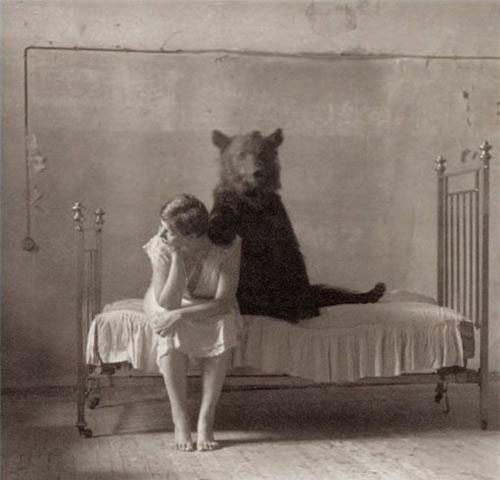Since I began this MFA, when I’ve been at my neighborhood pool, or at parties, or at the grocery, there’s a conversation that has occurred, again and again. Let me take you through it. Feel free to imagine the sounds of children splashing, a raucous bar, or the clink of silverware. I’m sure you’ll recognize parts of this, so feel free to pipe in with any exceptional comments you’ve gotten.
The conversation goes like this, with slight variations:
“What do you do?”
“Oh . . . I’m a writer.”
“A bike rider?”
This is said with a puzzled look, because where I live there are so many professional athletes. Usually, I have to say, “No, a writer. W―R―ite ―r.”
“Oh! A writer!”
“Yes. A writer.”
There’s an awkward pause.
“Oh! What do you write?”
“Everything. Articles, essays, ad copy, internet sites.”
“Articles! Where would I find your articles?”
“Well . . . right now I’m in graduate school, so haven’t been doing so much of that. School, and the economy taking its toll on magazines’ abilities to pay free-lancers has made me take time off.”
“Graduate school! Well . . . that’s great! For what?”
People seem to love the idea of graduate school. It sounds so . . . scholarly. Hooray!
“I’m getting my MFA in Writing.”
“Writing?”
“W―R―ite ―ing.”
“What type of writing?”
“Fiction.”
“Oh! How―nice!” There’s an awkward pause. This time an assessment of my face, maybe my body. “What do you want to do with that?”
I’m willing to bet, if you’re getting a degree in accounting, nobody asks, “What do you want to do with that?” If you’re getting a law degree, nobody asks, “What do you want to do with that?”
“W―R―ite,” I say, struggling to avoid a tone similar to that of my pre-teen daughter, and not always succeeding.
And they say, “Oh! How―nice! What type of fiction?”
“Short stories. Novels.”
“So you’re writing a novel?”
“Well . . . no. I’ve been focusing on short stories while I’m in school. They’ve been great vehicles to practice craft.”
“What would you do with those?”
“Well . . . I’d like to sell them to magazines. Well . . . literary journals, actually.”
“What are literary journals?”
“Well . . . they’re magazines that are published once, twice, three, four times a year, mostly by universities. They feature short stories, poetry, literary criticism, that kind of stuff.”
“Oh! How―nice! Who reads those?”
“Well . . . other writers, I guess. Maybe some ordinary folks, I hope. I aim to publish several of my stories from the program, and then sell them together as a collection.”
At this point, a glaze frequently settles over the other person’s eyes, and I think, Don’t― do―it! But I say, “I’ve sold two stories.”
“Really!”
The word sold brings them right back. Hooray!
“Well . . . not sold, actually,” I say. “They didn’t pay anything, and I had to buy my own extra copies, so it’s cost me twelve―dol―lars. But they’re really reputable journals.”
At this point I see the person wonder if I’m on medication. See true sorrow for my husband in her eyes. But I think, At least I didn’t say I wanted to be a po―et!
Read more here











